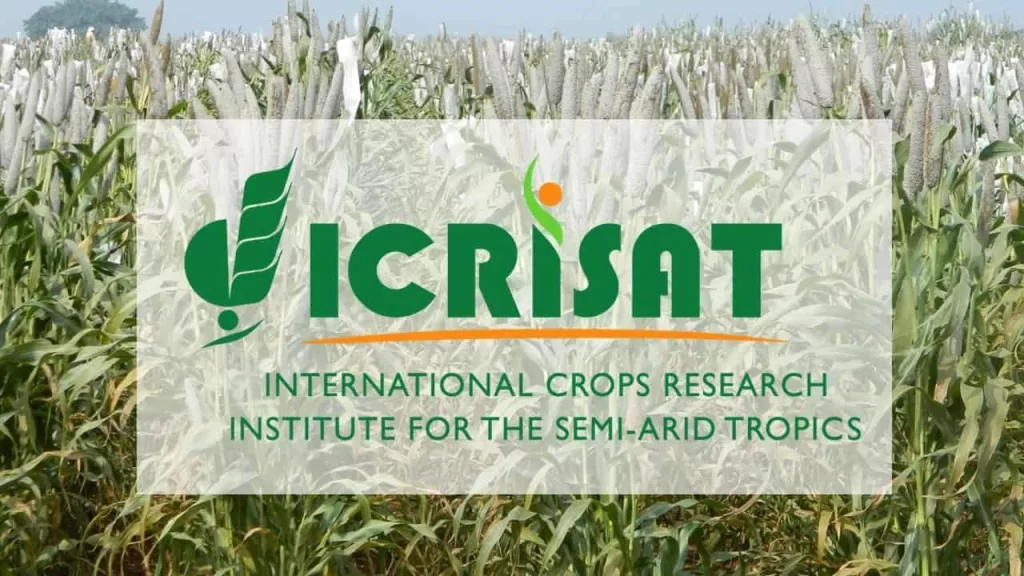The International Crops Research for the Semi-Arid Tropics (ICRISAT), under the state’s Agro Pastoral Development Project (KSADP), funded by the Islamic Development Bank (IsDB), has organised a four-day pre-season training workshop for 210 agro-extension agents and lead farmers in Kano State as a measure to mitigate climatic risk for economic recovery among smallholder farmers. Speaking to participants during the opening ceremony, ICRISAT Country Representative, Dr. Angarawai Ignatius, revealed that the training theme, ‘Modeling Technology Transfer To Mitigate Climate Risks for Economic Recovery among Smallholder Farmers’, was carefully chosen to educate smallholder farmers on the required techniques in managing climate change risks.
Ignatius explained that the model had been tested and applied in Jigawa and Bauchi states, adding that the outcome had been very encouraging hence the need to replicate the model in Kano. In his remarks, the Managing Director (MD) of Kano Agriculture and Rural Development Authority (KNARDA), Dr. Farouk Kurawa, stated that the Kano State government is committed to repositioning the status of the agriculture sector in the state, adding that the new Kano State administration had been doing a lot of interventions in the agriculture sector to ensure that it regains its vigour back. The head of KSADP State Project Monitoring Unit, Malam Ibrahim Muhammed revealed that the project had committed a lot of resources to ensure that the state has a well-developed and sustainable agricultural practice along its value chain.
Similarly, the Food and Agriculture Organisation of the United Nations (FAO), had announced plans to establish 100 Farmer Field Schools (FFS) in the Northeastern communities of Nigeria to boost agricultural production. The FFS is an initiative that supports the most at-risk farming households. It brings together farmers and herders or fisher-folk to learn sustainable production practices and understand complex agro-ecosystems and ecosystem services. It is usually an interactive and participatory ‘learning by doing’ approach involving 20-25 farmers, pastoralists or fisher-folk and a trained facilitator. According to the United Nations’ body, about US$18 million is required to meet the needs of agro-based households in the crisis-ridden Northeast.
The training workshop equipped experts supporting conflict-affected farmers in the Northeastern states with the skills to set up and run, at least, two FFS per facilitator. Having access to land remains a key problem, as numerous communities are restricted to only small parcels of land for production as traditional growing and grazing areas cannot be used due to lingering security risks, as farmers often rely on sharecropping planting on land belonging to others in exchange for a portion of harvest or rent less than one hectare of land for subsistence agriculture.


